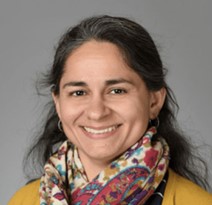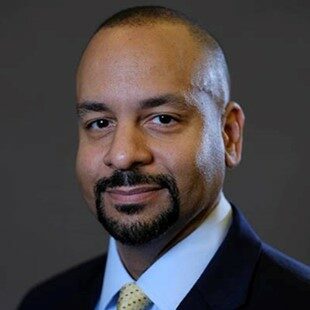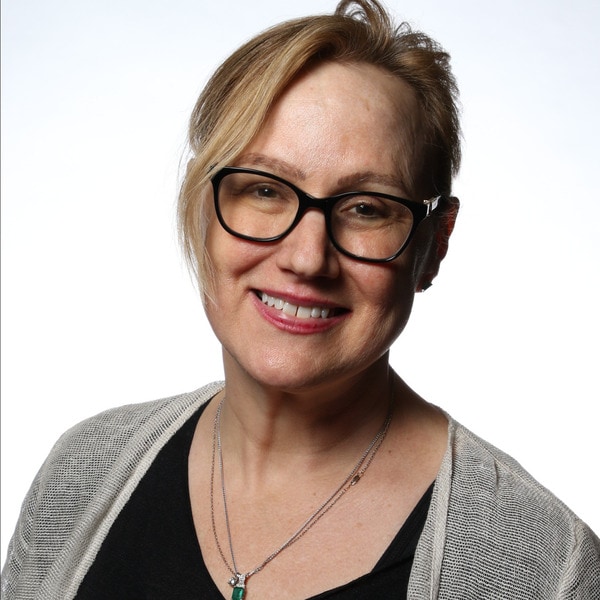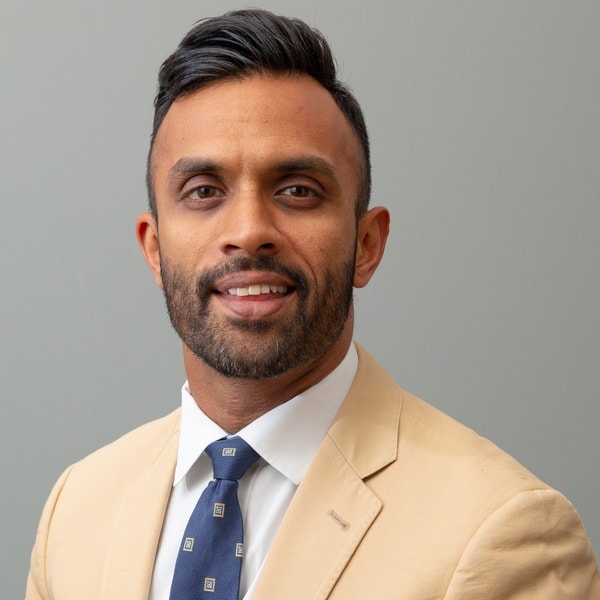
Areeba Kara, MD, MS Associate Professor of Clinical Medicine, IUSM Associate Division Chief Division of General Internal Medicine and Geriatrics
Introduction
This spotlight focuses on Curtis Wright, MD, MBA, Assistant Professor of Clinical Medicine at Indiana University School of Medicine (IUSM) and CEO of Eskenazi Medical Group, who has been instrumental in advancing DEIJ (Diversity, Equity, Inclusion, and Justice) efforts in medical education. Dr. Wright’s work is complemented by his close collaboration with Areeba Kara, MD, MS, Associate Professor of Clinical Medicine at IUSM. Together, they are working to foster a more inclusive and equitable environment through thoughtful strategies, holistic recruitment, and long-term planning. Discover how these efforts aim to create a healthcare system where everyone feels seen, valued, and empowered.
Q: Our members may be familiar with DEI efforts, but what DEIJ efforts are central to your workshop?
A: Our workshop is designed to mirror the sequence often used in DEIJ work. We start with successfully structuring and leading a DEIJ committee to ensure member engagement, obtain incremental victories, and maintain positive momentum. We then review the pitfalls to avoid and best practices to engage while crafting a mission statement to serve as a guiding light. Following this, we review our institution’s strategy and framework for advancing DEIJ efforts and then describe one specific strategy centered around creating a DEIJ toolbox. We close by brainstorming how to create a community within internal medicine to move this work forward.
Q: How was the Graduation Medical Education DEIJ Committee at Indiana University formed, and why did you both choose to join?
A: George Floyd, Breonna Taylor, and Ahmaud Arbery. The Black Lives Matter movement. The inequities are made more apparent by the COVID-19 pandemic. These moments heightened awareness of structural racism, race-related disparities in healthcare, and a need to diversify the healthcare workforce. Our institution responded. The Designated Institutional Officer called for forming a committee that is charged with developing programs and processes to address the DEIJ needs of our graduate medical education programs and fulfilling the ACGME core program requirements surrounding diversity and healthcare disparity teaching.
Curtis: I chose to join because I felt that we had reached a critical moment in time. We received support (monetarily and philosophically) from key leadership and stakeholders to finally make substantive changes regarding DEIJ. Furthermore, I knew I could not sit on the sidelines and not be a part of this important work.
Areeba: As an immigrant and female physician, I want to help create a better world for my own family and every other family out there. As representatives of a privileged set of professionals entrusted to protect health and lives- if not us- who else is better positioned to make a difference? As my understanding of the problems has grown, so has my desire to be a part of the solution. So here I am!
Q: What is the GME Diversity Framework?
A: The GME diversity framework is a construct to conceptualize our work’s goals and a longitudinal strategy for achieving them. Our School of Medicine has identified four key pillars of diversity: representational diversity, inclusive environment, cultural humility, and anti-racism. The framework broadens these pillars to include evidence-based tactics to achieve these goals. We focus on pathway programs, holistic recruitment, retention planning, specific training and development (e.g., anti-bias, microaggressions), policy revisions, and evolving science. Further, the framework suggests how these core goals might develop over time.
Q: Why is the recruitment process of a DEIJ committee so important?
A: Holistic recruitment is essential to successfully matching diverse applicants. GME programs and businesses in various fields have acknowledged that the way candidates are filtered out can be subject to bias, structural racism, and inequitable practices. To set diversity as a priority means concerted pipeline development outside of recruitment “season,” training of all faculty and staff involved in the process, holistic review of all applicants, structured interviews and scoring, and continually studying the process to make improvements.
Q: You discuss the importance of setting short-, intermediate-, and long-term goals. Can you give an example from your DEIJ committee?
A: In the short term, we refined an existing system for reporting mistreatment- we clarified definitions and created expectations for feedback. We reviewed surveys to ensure the utilization of gender, race, and ethnicity-inclusive language. For the intermediate term, we created a toolbox to help program directors with inclusive recruiting and created mechanisms to assess our GME recruiting practices. For the long term, we are developing an infrastructure to track data longitudinally and create a shared understanding of priorities across learners, physician practices, health systems, patients, and our communities.
We do this work to realize our mission statement – to create an institution where everyone thrives and feels seen, where we are recognized leaders in diversity and equity in patient care, scholarship, education, and advocacy – and where we are proud of the role we all play in moving the world forward.
Q: How can SGIM members access your framework and toolkit to build their own institution’s DEIJ committees?
A: Our framework and toolkit can be accessed at https://medicine.iu.edu/gme/why-iu/toolkit, Our work on GME DEIJ committees can be found here.
Job Position & Institution
Assistant Professor of Clinical Medicine, IUSM Associate Program Director, IM Residency Program CEO, Eskenazi Medical Group





